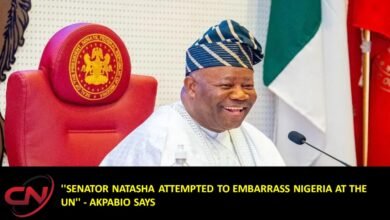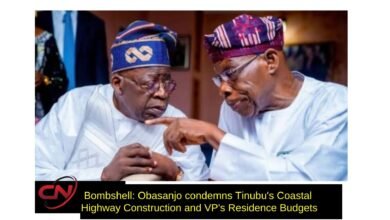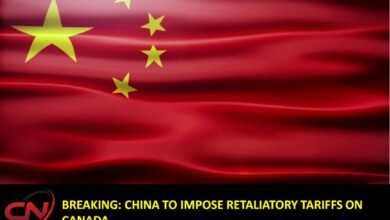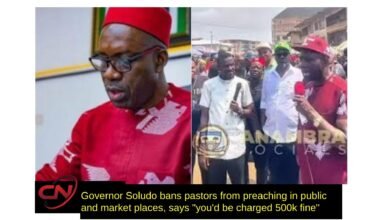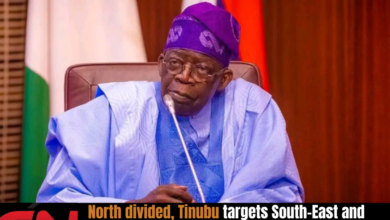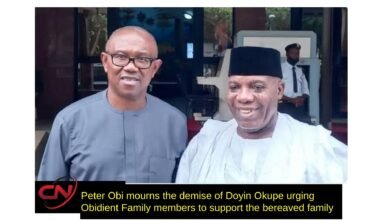
President Bola Tinubu has firmly responded to a lawsuit demanding his impeachment, asserting that the Federal High Court in Abuja has no authority to compel the National Assembly to remove him from office.
Advertisements
The case, brought by a plaintiff alleging human rights violations, seeks to push lawmakers into initiating impeachment proceedings against the president.
However, Tinubu and the Attorney-General of the Federation (AGF), Prince Lateef Fagbemi, SAN, have challenged the suit’s legitimacy, arguing that it lacks legal merit.
The plaintiff’s lawsuit revolves around alleged crackdowns on peaceful protests by the Tinubu-led administration.
The complainant claims that between August 1 and 10, 2024, security forces violently suppressed demonstrations across the country, constituting misconduct and an impeachable offense under Section 143 of the 1999 Constitution.
Based on this, the plaintiff urges the court to declare Tinubu’s actions unlawful and direct the National Assembly to begin impeachment proceedings.
The lawsuit lists six key reliefs, including a declaration that the government’s actions violate citizens’ rights and an order compelling the National Assembly to act against the president.
In response, President Tinubu and the AGF filed a joint preliminary objection, questioning the plaintiff’s locus standi (legal standing) to bring the case forward.
They argue that the complainant failed to prove how his personal rights were violated, making the suit legally baseless. Furthermore, they contend that only those directly affected by rights violations can seek legal redress under Section 46 of the Constitution.
The defendants also challenged the court’s jurisdiction, asserting that impeachment is a political process exclusively reserved for the National Assembly.
They urged the court to dismiss the case outright, labeling it as incompetent and improperly filed.
A key argument in Tinubu’s defense is that impeachment is strictly a legislative matter, and the judiciary cannot dictate how lawmakers handle such proceedings.
They emphasize that no court has the power to compel the National Assembly to impeach a sitting president, as this would interfere with the separation of powers.
Additionally, a counter-affidavit submitted by Gbemga Oladimeji, a principal state counsel in the Federal Ministry of Justice, insists that Tinubu’s government has upheld democratic values and respected the right to peaceful protest.
He argues that during the August protests, security forces were present only to ensure order and prevent violence, not to suppress demonstrators.
The court now faces the decision of whether to entertain the suit or dismiss it based on the arguments presented by Tinubu’s legal team.
If the case is thrown out, it would reaffirm the National Assembly’s autonomy in impeachment matters. However, if the court proceeds, it could set a legal precedent regarding the judiciary’s role in holding the executive accountable.


